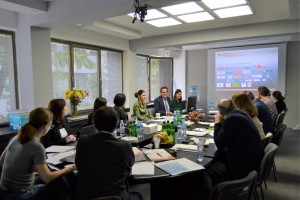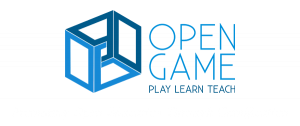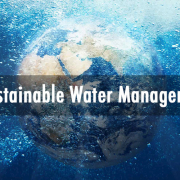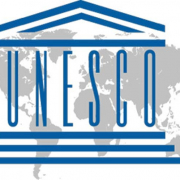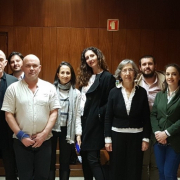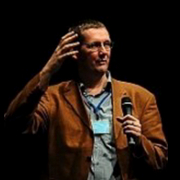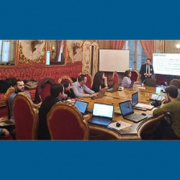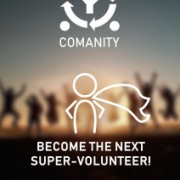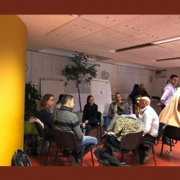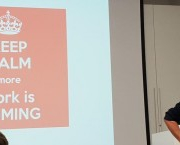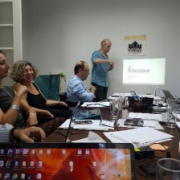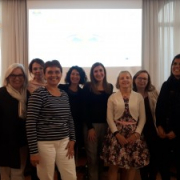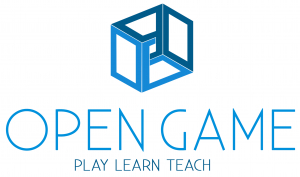Martin Wolpers was an excellent project manager that made a significant contribution to the field of Educational Technology in Europe through research projects. Thanks to his efficient and broadly spread work, this field was deeply implemented across a number of countries. He was also a good colleague who knew how to combine rigorous work, integrative negotiation skills and good manners (In memoriam: ES, EN).
Martin died of a heart condition really young and left many things to do behind. Thanks to this award, the European research community honours his memory and the values that stand underneath: a huge sense of commitment to the job and the colleagues, a vocation for a job well done and in time, and a friendly way to combine all of the above for the greater good, and a personal touch.
The 2018 lifetime award will be presented at the International Workshop on Higher Education Learning Methodologies and Technologies Online (HELMeTO). June 6-7, 2019. Novedrate (CO), Italy
Every year, an independent jury selects an outstanding member of the academic, political, social or industrial communities, who has contributed to a significant impact and continuous progress to improve education at any level in practical terms. The Martins Wolper’s Lifetime Award highlights the continuous contribution to science, academia and the society, at large. The main focus of the awarded candidate must be on ICT & Education, Online Learning, Open Education and-or Technology-enhanced Learning and can be from any country in the world. The research institute UNIR iTED founded this award in 2017 and supports every year’s nominations. The selection process strictly watch equity and equality.
The award highlights the lifetime contribution to science, academia and the society
The application will be submitted by, at least, two members of the educational, industrial, social and-or scientific community, related to the afore-mentioned topics.
The applicants will provide a brief cover letter that explains the reasons for the application and the outstanding contribution of the nominee, and a detailed CV of the nominee, along with some contact information.
2018 winner, as promising researcher: Daniele Di Mitri, PhD at Open University of The Netherlands, is awarded with the Martin Wolpers’ Award to the most young promising research with his work titled: “Multimodal Tutor: adaptive feedback from multimodal experience capturing”. More info.
2018 winner, as Lifetime Award: Prof. Dr. Dai Griffiths. Dai is a professor of Educational Cybernetics at University of Bolton who has lived and shaped the educational technology field in Europe for decades. The 2018 lifetime award will be presented at International Workshop on Higher Education Learning Methodologies and Technologies Online (HELMeTO). June 6-7, 2019. Novedrate (CO), Italy. Prof. Griffiths’ profile.
Previous editions:
- 2017: The Martin Wolpers Award at JTEL 2017 goes to Zacharoula Papamitsiou. More info.
- 2017: UNIR & ECTEL select Inge Molenaar’s team for the Martin Wolpers Award for the best eLearning paper. More info.
